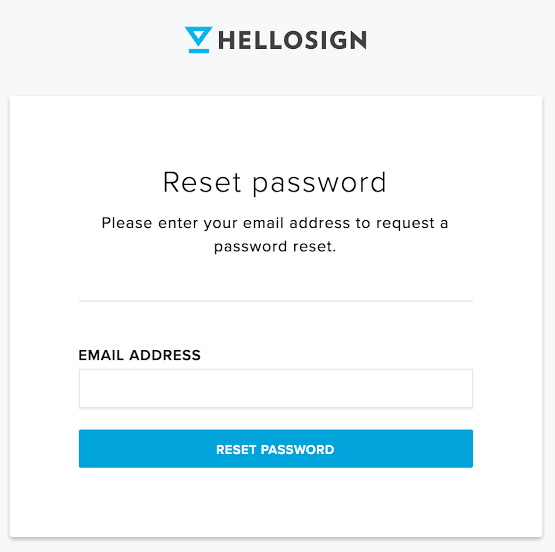Here is a Ways To Secure You Passwords
According to a recent security study, the most commonly used web passwords are things like “123456” and “password.” Sure, they’re easy to remember, but that makes them just as easy to hack. And if you use that simple password across multiple accounts—as a reported 92 percent of online users do—that puts all of your data at risk. Here are eight tips for ensuring your passwords are as strong as possible.
As indicated by an ongoing security study, the most regularly utilized web passwords are things like “123456” and “secret word.” Sure, they’re anything but difficult to recall, yet that makes them similarly as simple to hack. Furthermore, on the off chance that you utilize that straightforward secret key over numerous records—as a revealed 92 percent of online clients do—that puts the entirety of your information in danger. Here are eight hints for guaranteeing your passwords are as solid as could be expected under the circumstances.
1) Make Your Passwords Long
2) Stop Re-Using The Passwords
When hackers complete large-scale hacks, as they have recently done with popular email servers, the lists of compromised email addresses and passwords are often leaked online. If your account is compromised and you use this email address and password combination across multiple sites, your information can be easily used to get into any of these other accounts. Use unique passwords for everything.
3) Change Your Password Regularly
The more touchy your data is, the more regularly you should change your secret word. When it is changed, don’t utilize that secret key again for an exceptionally significant time-frame.
4) Stay Quiet About Your Passwords
Try not to give your passwords to any other person. Try not to type your secret phrase into your gadget in the event that you are inside plain sight of others. Also, don’t mortar your secret phrase on a clingy note on your work PC. In case you’re putting away top notch of your passwords—or stunningly better, a secret phrase clue sheet—on your PC in a report record, name the document something irregular so is anything but an obvious hint to snoopers.
5) Using Obviously Personal Information
On the off chance that there is data about you that is effectively discoverable, for example, your birthday, commemoration, address, city of birth, secondary school, and family members’ and pets’ names—do exclude them in your secret word. These lone make your secret phrase simpler to figure. On that note, on the off chance that you are needed to pick security questions and answers while making an online record, select ones that are not evident to somebody perusing your web-based media accounts.







3 Comments
Hi
ReplyDelete𝓗𝓲
ReplyDeleteHi
ReplyDelete